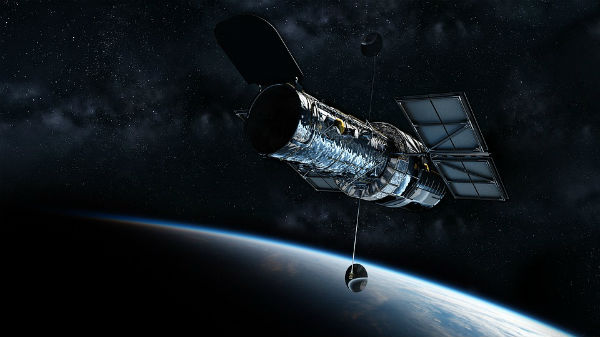Just In
- 1 hr ago

- 1 hr ago

- 2 hrs ago

- 3 hrs ago

Don't Miss
- Sports
 ONE 167: Megastar Rodtang Meets Denis Puric In Flyweight Kickboxing Clash
ONE 167: Megastar Rodtang Meets Denis Puric In Flyweight Kickboxing Clash - Movies
 Why Abhishek Malhan Unfollowed Bigg Boss OTT 2 Buddy Jiya Shankar? Fukra Insaan Reveals TRUTH
Why Abhishek Malhan Unfollowed Bigg Boss OTT 2 Buddy Jiya Shankar? Fukra Insaan Reveals TRUTH - Finance
 1:1 Bonus, 16.50/Share Dividend: NBFC To Recommend Dividend, Buy For TP Rs 900: Motilal Oswal
1:1 Bonus, 16.50/Share Dividend: NBFC To Recommend Dividend, Buy For TP Rs 900: Motilal Oswal - News
 Social Media Users Laud Gujarat Titans' Fangirl, Call Her Ana de Armas' Lookalike
Social Media Users Laud Gujarat Titans' Fangirl, Call Her Ana de Armas' Lookalike - Education
 PSEB Class 10 Toppers' List 2024, Check the Ranks of Toppers
PSEB Class 10 Toppers' List 2024, Check the Ranks of Toppers - Automobiles
 All About Electronic Stability Control ESC: Working & Advantages
All About Electronic Stability Control ESC: Working & Advantages - Lifestyle
 Heeramandi: Designers Rimple And Harpreet Craft Inspiring 300 Outfits, Know The Details Here!
Heeramandi: Designers Rimple And Harpreet Craft Inspiring 300 Outfits, Know The Details Here! - Travel
Telangana's Waterfall: A Serene Escape Into Nature's Marvels
NASA Building Telescope To Detect Civilization-Threatening Asteroids
NASA is gearing up to launch an infrared telescope with one purpose: to detect asteroids that may collide with Earth's course. NASA's associate administrator Thomas Zurbuchen says the telescope will reach completion by the middle of the next decade, where the new device was made official at an agency advisory panel meeting recently.

NASA Infrared Telescope To Detect Asteroids
NASA is working on the Near-Earth Object Surveillance Mission that is projected to cost roughly $500-$600 million. It started with Near-Earth Object Camera (NEOCam) that was first proposed by NASA's Jet Propulsion Lab (JPL) more than a decade ago. Finally, the large budgeted mission was approved by the Congress on one condition that it detects 90% of potentially dangerous asteroids and comets of at least 140 meters in diameter by the end of 2020.
It's uncertain if NASA will meet the deadline, but the NEOCam project is on. The proposed infrared telescope may end up with a different name, but it will be a reality assures Mark Sykes, CEO of the Planetary Science Institute in Tucson, Arizona, and a member of NEOCam's science team. The mission is perhaps the first time that NASA has accepted a proposal by an outside group.
History Behind NASA's NEOCam
There's an interesting story behind NASA's decision to pursue the telescope mission. It happened after an embarrassing episode a few months back, where the space agency and ground-based telescopes failed to detect a slow-moving asteroid that was eventually named 2019 OK. The asteroid turned out to be as large as a football-field and passed just 65,000 from Earth.
At this phase, it's unclear if the proposed NEOCam would have detected the asteroid though it is expected to study asteroids under the 140-meter threshold, as well. The expectations and criticism for the infrared telescope are many at the moment as many scientists doubt if the NEOCam would yield any important new research.
However, any bit of data coming from space would be worthwhile for the society argues Jay Melosh, a planetary scientist at Purdue University in West Lafayette, Indiana, and an author of the report. "It's something that we really need to do. It may not be absolutely the best science, but there's more to life than scientific knowledge," he concludes.
-
99,999
-
1,29,999
-
69,999
-
41,999
-
64,999
-
99,999
-
29,999
-
63,999
-
39,999
-
1,56,900
-
79,900
-
1,39,900
-
1,29,900
-
65,900
-
1,56,900
-
1,30,990
-
76,990
-
16,499
-
30,700
-
12,999
-
62,425
-
1,15,909
-
93,635
-
75,804
-
9,999
-
11,999
-
3,999
-
2,500
-
3,599
-
8,893












































